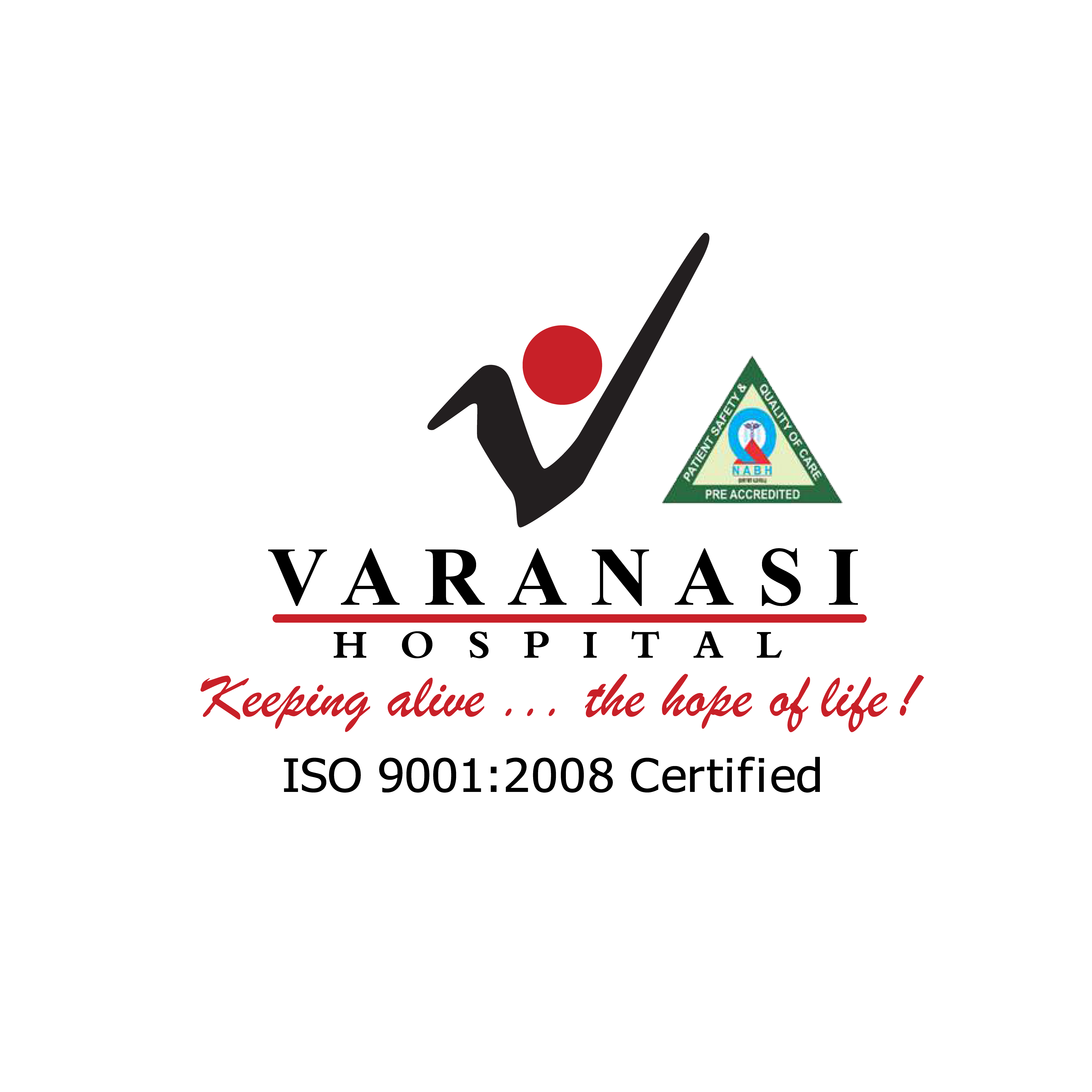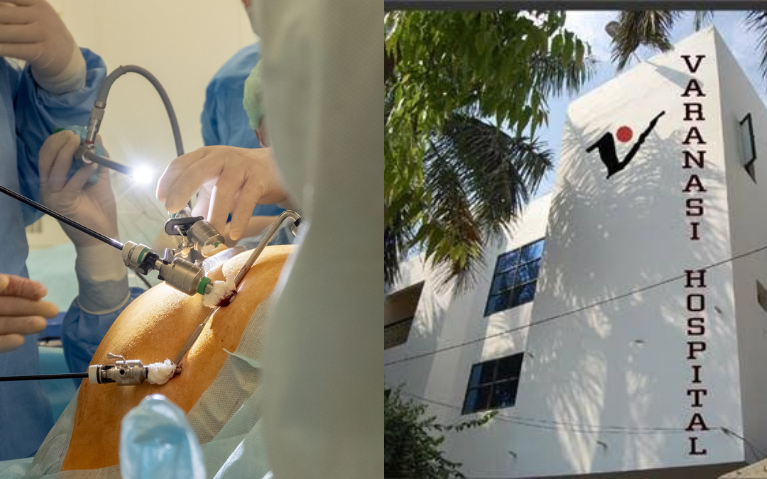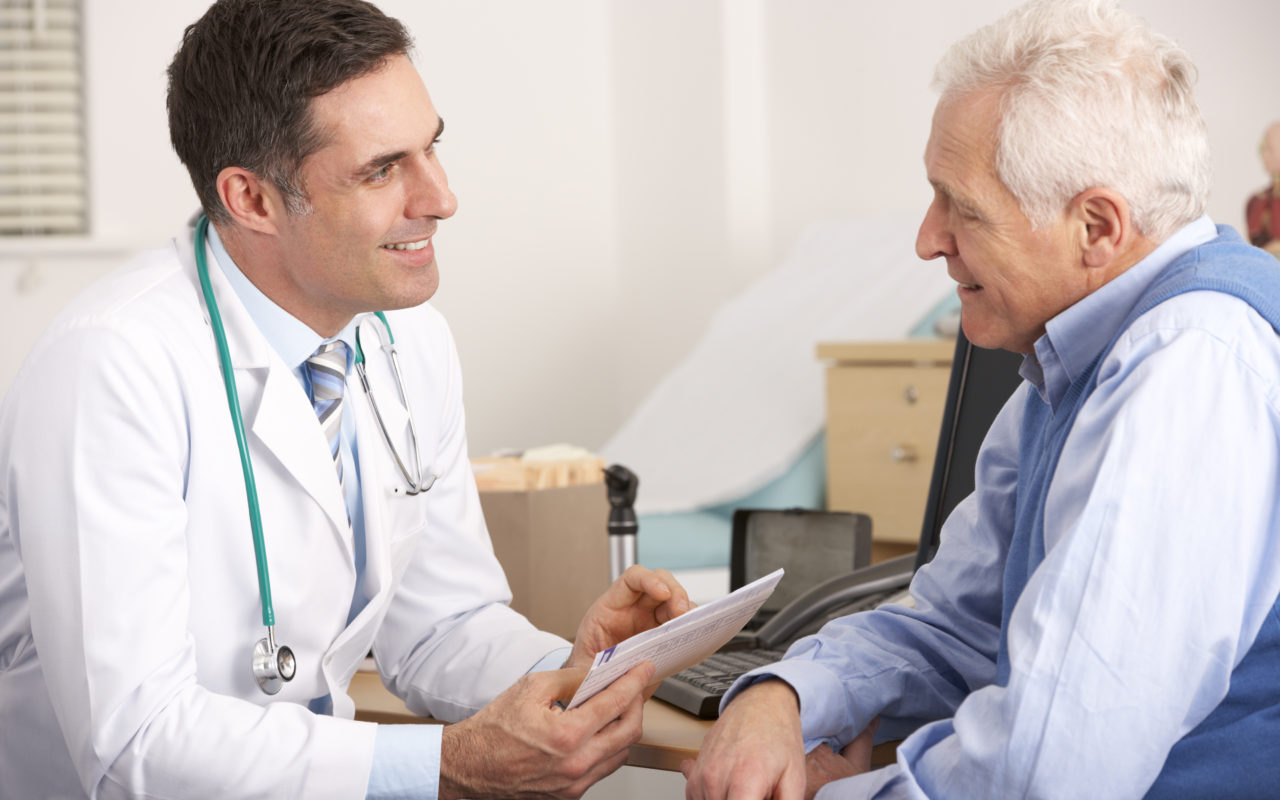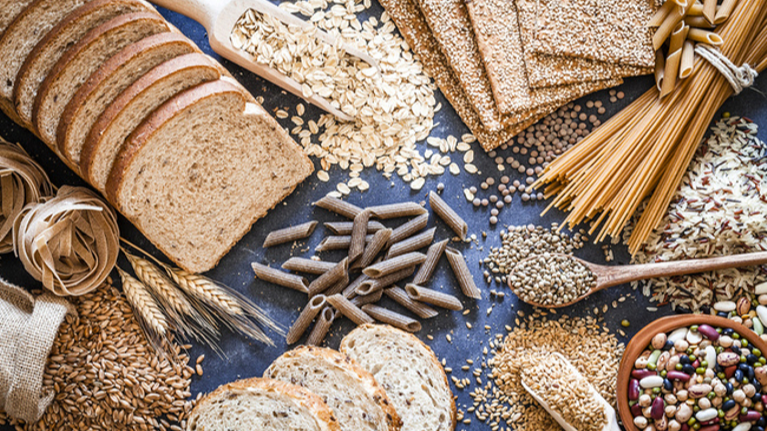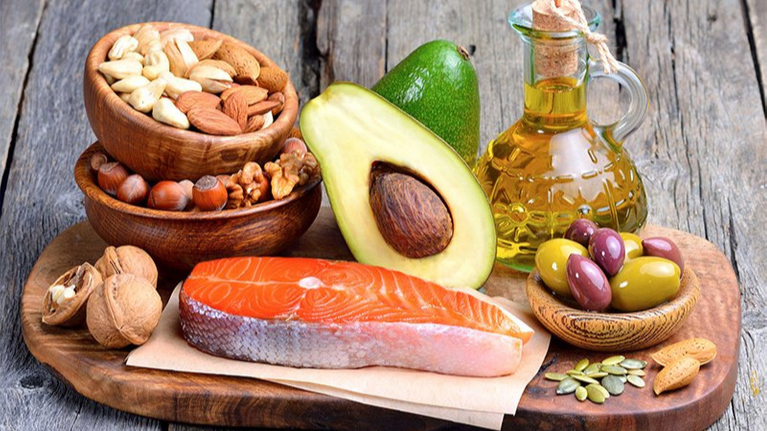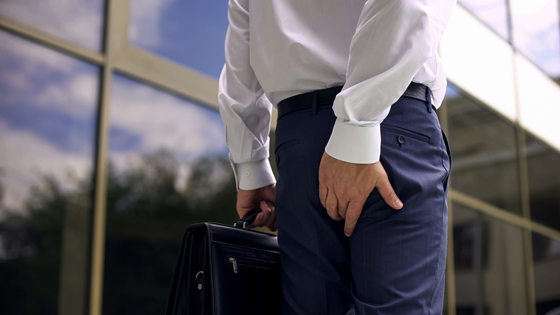Why Varanasi Hospital Is The Best Hospital For Hernia Surgery In Varanasi
A hernia, though not critical, is rather a painful and troublesome condition that gets worse if left untreated.
Read more: Patient’s Guide To Understand Everything About Hernia & Its Treatment
It’s only permanent treatment is hernia repair surgery. Varanasi Hospital offers laparoscopic hernia surgery in Varanasi, which is also called minimally-invasive surgery and is known for its immense benefits over an open hernia operation.
Also read: Is laparoscopic surgery safe and beneficial?
Here are a few reasons why you should only get the laparoscopic surgical treatment for hernia only from Varanasi Hospital:
Best Surgeons:
We have the best laparoscopic surgeons available in Varanasi, the holy city of India. Dr. Manish Jindal, one of the most celebrated laparoscopic surgeons in Varanasi and also our head of the Laparoscopic Surgery Department has carried out many successful keyhole surgeries for repairing a hernia in the past due to his medical expertise.
Latest Technology And Equipment:
Laparoscopic hernia repair surgery requires advanced medical instruments. We, at Varanasi Hospital, believe in using top-notch and high-technology medical equipment in our hospital which makes it the best hospital for your hernia treatment.
Perfect Infrastructure:
Our hospital has well-ventilated, air-conditioned and well-lighted rooms. The hospital provides both air-conditioned and non-air-conditioned rooms along with general beds and VIP rooms. We also have basic facilities like elevators, purified drinking water, and parking area. The ICU rooms are provided with a ventilator and a defibrillator.
On Duty Qualified Hospital Staff:
In our hospital, we have well-trained nursing staff and full-time resident doctors who work round the clock to give the best care to their patients.
Amenities:
Varanasi hospital has canteen facilities for both hospital patients and their attendants. We also have other facilities like ambulance, recreation area for attendants, 24 X 7 pharmacy, so that do not have to go anywhere else for getting medications after your hernia surgery.
Cashless Hospitalization:
Here, at Varanasi Hospital, we provide cashless treatment to our medically-insured patients as we have tie-ups with several health insurance companies so that you do not have to pay a single rupee for your laparoscopic hernia surgery.
Thus, if you are looking for the best hospital for your laparoscopic hernia repair surgery, look no further because Varanasi Hospital is one of the best hospitals in Varanasi for minimally-invasive surgeries. We handle our patients with utmost care and compassion and believe in giving them excellent medical care without them facing any struggling experience.
